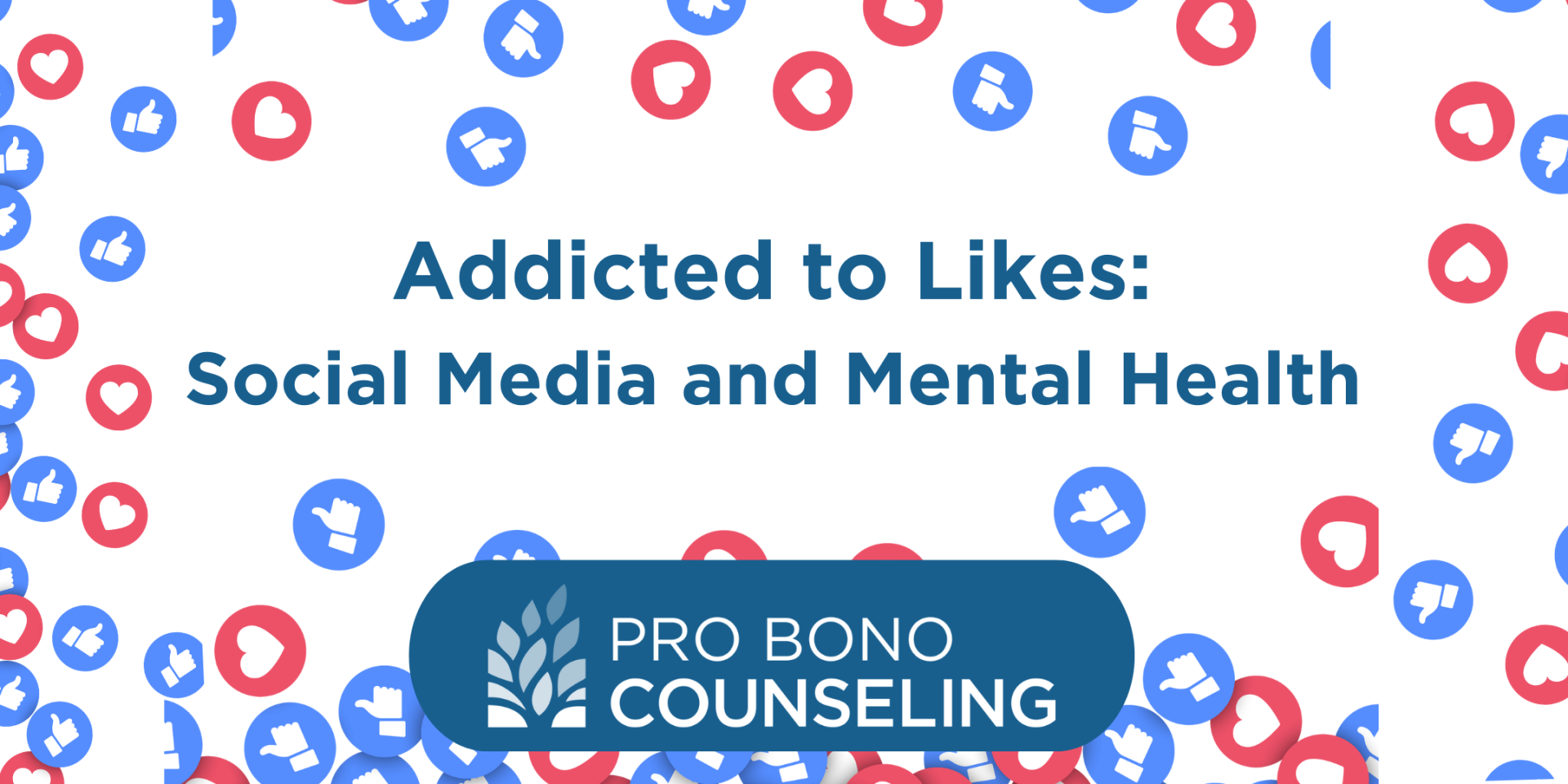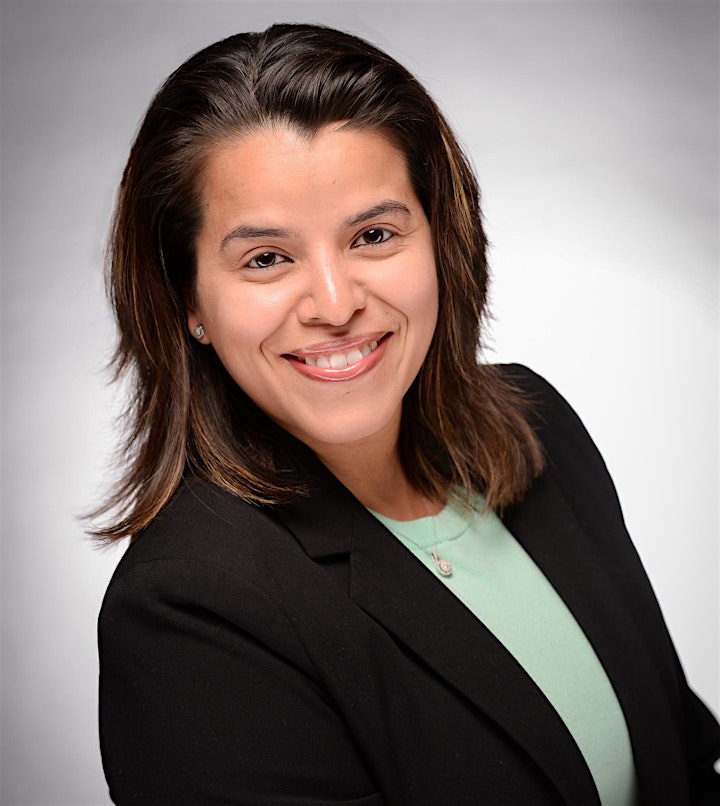2023 Professional Continuing Education Online Webinar
Addicted to Likes: Social Media and Mental Health
Tuesday, January 24, 2023, from 1:00 PM – 4:15 PM
Online Workshop – Three (3) CE Credits
Fee: $39/person
FREE for Active PBC Volunteer Clinicians
Featured Presenter: Veronica Cruz, LCSW-C
Session Description: Social media platforms, in particular networking sites like Facebook and Instagram, which currently have over a billion users and growing worldwide, have become increasingly popular and pervasive over the years. Presently there is a plethora of social media sites that allow the users to create a profile and within seconds they are connected to millions of people.
This workshop will explore the role of social media and how it relates to mental health issues like depression, anxiety, self-validation, and social comparison. Numerous studies have indicated that prolonged social media use (SMU) and depression/anxiety can be characterized by an emerging maladaptive pattern known as problematic social media use (PSMU). This workshop will cover various issues like user typologies, gender traits, sleep disturbances, addictive patterns to social media, and overall mental health implications for prolonged social media use.
The presenter is a bicultural, forensic social worker specializing in criminal defense mitigation, dual-diagnosis, crisis intervention, addictions, trauma and working with diverse ethnic groups. This is an interactive workshop where case vignettes will be presented to further enhance the learning experience and allow for direct application of learned principles.
Learning Objectives:
At the end of this presentation, the participant will be able to:
- Assess one’s knowledge of the various forms of social media platforms and their effect on a user’s mental health.
- Analyze the various concepts of social media like: FOMO, SMU and PSMU and how they effect and contribute to mental health.
- Discuss and explore the role of social comparison: differentiating between upward and downward social comparisons and its effect on users’ mental health.
- Explore the connection between intermittent reinforcement: becoming addicted to and anticipating a like or comment to a post.
- Describe protective factors to share with social media users to eliminate or decrease negative mental health outcomes related to media usage.
Presenter Bio: Veronica Cruz, LCSW-C
Veronica Cruz, LCSW-C, is a clinical and forensic social worker with over 20 years of experience working with children, adolescents and families. She is a qualified expert witness in clinical and forensic social work in numerous jurisdictions and courts in Maryland and at the Federal level She concentrates on cases involving illegal or harsh sentences, post-conviction relief, modifications of sentences, death penalty, and juveniles charged as adults. Ms. Cruz is the founder and CEO of Cruz & Associates, LLC where she specializes in preparing comprehensive forensic psycho-social reports for criminal and civil matters. Prior to Cruz and Associates, she was employed for ten years, as a forensic social worker at the Office of the Public Defender in Montgomery County. In addition, from 2000-2014 she worked as an emergency room and psychiatric social worker. She is an avid continuing education presenter and specializes in trauma and ethics workshops. Since 2015 she has been an adjunct professor at the University of Maryland, School of Social Work teaching graduate students Adult Trauma and Clinical Social Work Practice and Social Work and the Law.
Ms. Cruz is a graduate of the Catholic University of America earning a B.A. in psychology and received her Master of Social Work, specializing in mental health and addiction from the University of Maryland School of Social Work. In 2014 she completed an advanced two-year post graduate Forensic Social Work Certification through the University of Maryland Continuing Education Department.
Workshop registrants will receive a code prior to the webinar to log on to Zoom and participate in the online session.
IMPORTANT: Attendance will be monitored. Participants must be logged on to the meeting by the workshop start time and participate in the entire event in order to earn CE credit.
Pro Bono Counseling is approved by the American Psychological Association to sponsor continuing education for psychologists. Pro Bono Counseling maintains responsibility for this program and its content. The Maryland Boards of Social Work Examiners and Professional Counselors and Therapists certify that this program meets the criteria for three (3) credit hours of continuing education for social workers (Category 1), professional counselors, and therapists (Category A) licensed in Maryland.
CE credit is granted to participants with documented attendance at individual workshops. Attendance is monitored. Credit will not be granted to registrants who log on late or depart early from a session. It is the responsibility of registrants to comply with these requirements.
By registering for this event, all participants agree to abide by the following code of conduct:
Workshop Code of Conduct
Pro Bono Counseling (PBC) is dedicated to providing a positive continuing education experience for everyone of all backgrounds and identities. We do not tolerate disrespectful behavior or harassment of workshop participants, facilitators, or PBC staff in any form. We do not tolerate discrimination or harassment on the basis of characteristics that include but are not limited to: gender, gender identity and expression, age, sexual orientation, disability, physical appearance, body size, citizenship, veteran status, pregnancy status, race, ethnicity, or religion. Anyone asked to stop unacceptable behavior is expected to comply immediately. If a participant engages in unacceptable behavior, PBC may take any action it deems appropriate, including warning or expelling the offender from the event with no refund.




